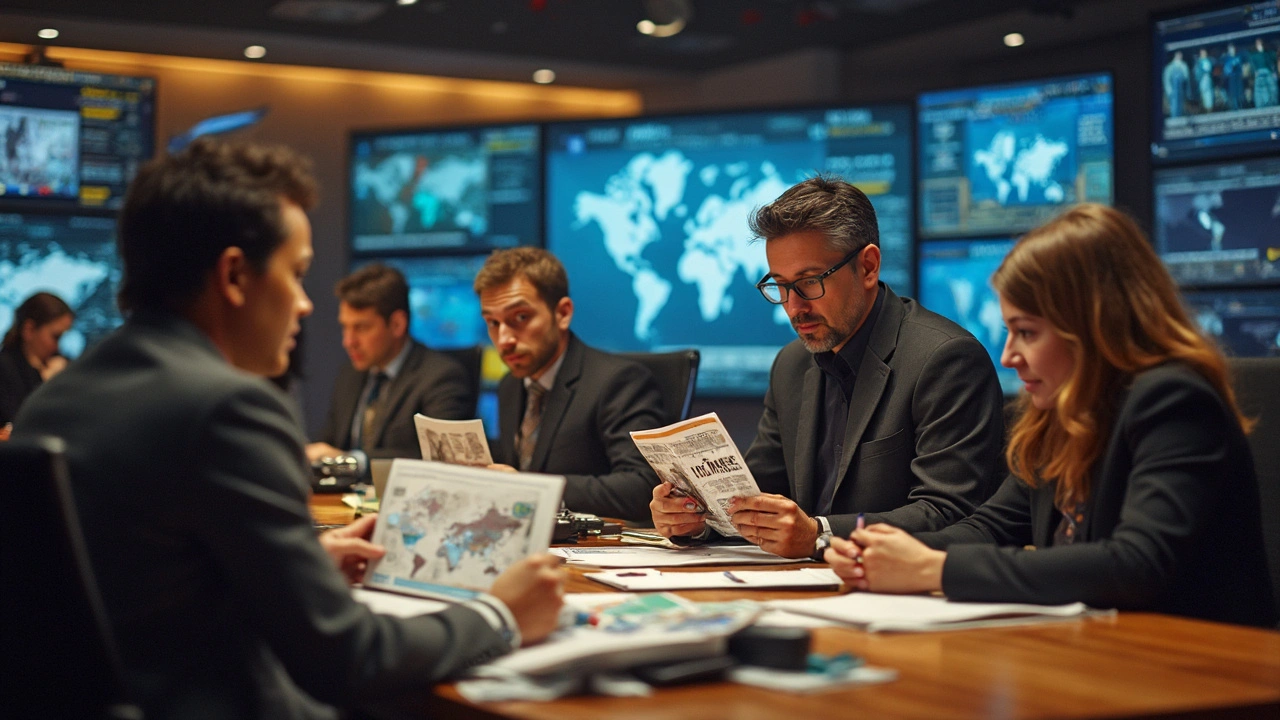
When it comes to understanding the fast-paced world of news, looking only at a handful of events isn't always the best way to stay informed. Sometimes, diving deeper into specific themes can give you a broader picture of what's really going on. Take political leadership changes, for instance. It's not just about names changing on the world stage; it's about the ripple effects of these changes on international dynamics.
Recent shifts, like Trump's trade blows affecting global markets or the heat Bolsonaro is facing in Brazil, aren't just stories about countries—they're about how these countries' policies affect you and everyone else. It's about grasping who makes decisions that steer global conversations and how their choices can shift old alliances or stir up new conflicts.
Pros:
- Focuses on key decision-makers' actions.
- Enables analysis of policy continuity or shifts.
Cons:
- Less about events than about people.
- May miss events driven by non-political factors.
What Political Leadership Changes Are Influencing Global Dynamics?
The big players on the world stage aren't just about making headlines, they're about changing the game entirely. Knowing what these leaders do can impact everything from global dynamics to how international trade flows—or gets stuck.
Take, for example, the trade policies under former President Trump. His approach was all about 'America First,' which sent ripples through global markets as tariffs came into play. Businesses around the world had to rethink their plans, and some even shifted manufacturing to avoid the hit. According to the Financial Times, "The new trade barriers altered the landscape for many economies, forcing adaptations that are still ongoing."
Then there's Brazil's Jair Bolsonaro. Facing potential trial over his management of pandemic policies, his leadership change isn't just about Brazil. Latin America's economic position in global dynamics hinges on its political stability. Observers suspect that if Brazil wobbles, it might destabilize the region.
Don't forget spiritual powerhouses like Pope Francis. His health and potentially reduced role could shift the Vatican's influence on world diplomacy. While this might seem minor compared to economic policies, religious diplomacy often plays a quiet but crucial role in fostering peace and negotiating in conflict zones.
We can count on these leadership changes as catalysts for big moves on the global chessboard. These aren't your typical headline grabbers about what's happening now, but rather insights that help you predict where things might be heading.